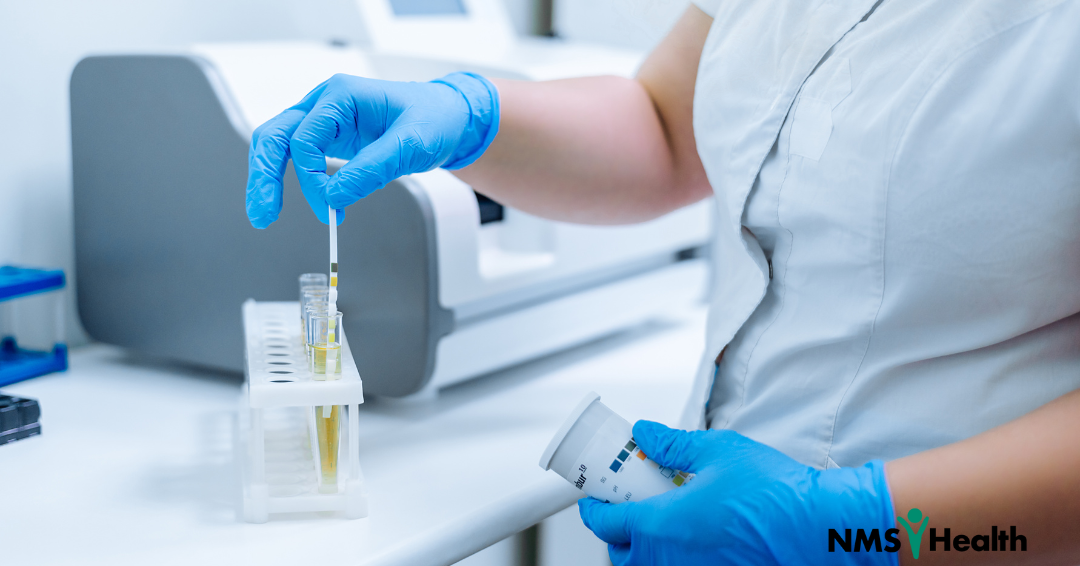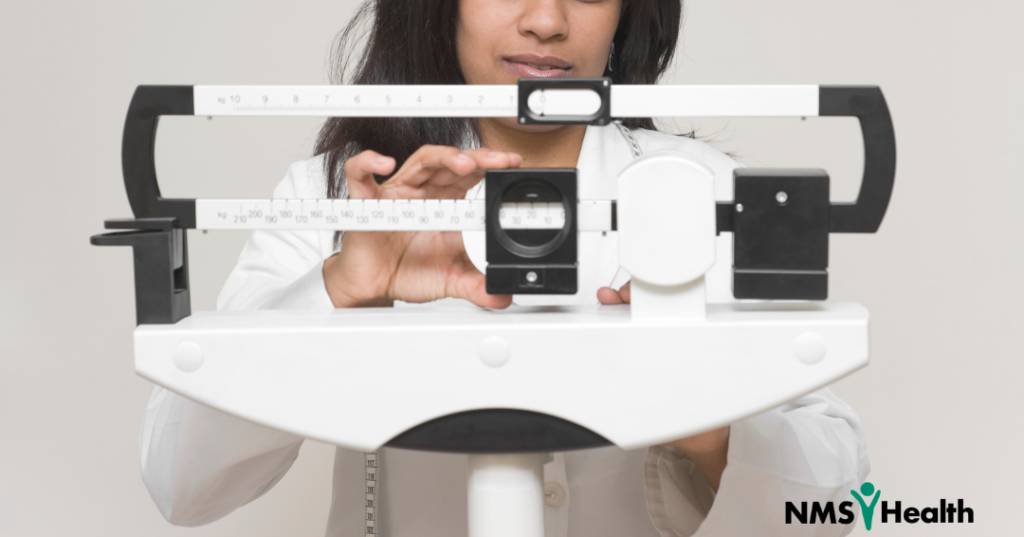In 2023, a surge in drug test cheating has reached its highest level in over three decades. According to Quest Diagnostics’ annual Drug Testing Index, the number of substituted and invalid specimens dramatically increased, raising serious concerns about drug test tampering and workplace safety.
The Unprecedented Surge in Tampering
Quest Diagnostics analyzed nearly 9.8 million drug test samples from both the general workforce and safety-sensitive positions, revealing a dramatic increase in tampered specimens:
Substituted urine specimens in the general workforce skyrocketed by 633%, from 0.015% in 2022 to 0.11% in 2023.
Invalid urine specimens increased by 45.2%, from 0.31% in 2022 to 0.45% in 2023.
In safety-sensitive roles, which include positions such as pilots, truck drivers, and train conductors, similar alarming trends were observed:
Substituted specimens rose by 370.6%, and invalid tests increased by 36.7%.
These tampered specimens suggest attempts to conceal drug use, a troubling reality that coincides with historically high drug positivity rates. The overall drug positivity rate in the general workforce held steady at 5.7% in 2022 and 2023, while post-accident drug positivity surged by 114.3% from 2015 to 2023.
The Marijuana Factor
Marijuana is primarily driving the rise in drug test tampering. In the general workforce, marijuana positivity increased by 4.7%, from 4.3% in 2022 to 4.5% in 2023. Over the past five years, marijuana positivity has increased by 45.2%, reaching new peaks.
In contrast, there was a slight decrease in marijuana positivity in the federally mandated safety-sensitive workforce, demonstrating the effectiveness of stringent drug testing protocols in these sectors. However, the overall trend of increasing marijuana use presents significant challenges for employers who aim to maintain safe and productive workplaces.
The percentage of positive marijuana tests was highest in states where recreational use is legal, reaching 5.8% in 2023. States without legal marijuana saw a lower rate of 3.3%.
Industry-Specific Trends
Drug positivity rates varied across different industries, with notable increases in sectors typically associated with office work:
Real Estate and Lending: Drug positivity increased by 17.0%.
Professional, Scientific, and Technical Services: Increased by 9.3%.
Educational Services: Increased by 7.9%.
Public Administration: Increased by 5.0%.
Marijuana positivity rose in 13 out of 15 industries, with significant increases in Finance and Insurance (35.7%), Public Administration (23.5%), and Real Estate Rental and Leasing (22.2%).
“It isn’t clear why we’re seeing an increase in overall and marijuana drug positivity in office workers, but it isn’t a stretch that a combination of unprecedented stress and isolation during the pandemic with work-from-home policies during and post-pandemic may be contributing to greater drug use in employees in traditionally white-collar fields,” said Sam Sphar, Vice President and General Manager, Workforce Health Solutions, Quest Diagnostics. “The results underscore the growing need for mental health support and drug education programs to ensure employees are safe and productive, whether working at home or in the office.”
Implications for Workplace Safety
The surge in tampered drug tests poses significant risks to workplace safety. Employees attempting to cheat drug tests undermine the efficacy of workplace drug testing programs, leading to increased workplace accidents and reduced productivity. This issue is particularly critical in safety-sensitive industries, where the consequences of impaired performance can be severe.
Suhash Harwani, Ph.D., Senior Director of Science for Workforce Health Solutions at Quest Diagnostics, emphasized the gravity of the situation: “The increased rate of both substituted and invalid specimens indicates that some American workers are going to great lengths to attempt to subvert the drug testing process. Given the growing acceptance and use of some drugs, particularly marijuana, it may be unsurprising that some people feel it necessary to try and cheat a drug test.”
Addressing the Challenge
Katie Mueller, a senior program manager at the National Safety Council focusing on cannabis safety, highlighted the critical need for robust drug testing policies: “Organizations must have sound policy and procedures to ensure employee drug testing programs have efficacy. Cheating on drug tests not only undermines workplace safety but also jeopardizes the safety of society as a whole.”
Employers must prioritize developing and implementing comprehensive drug testing programs and workplace safety measures. This measure can include:
- Enhanced drug testing protocols to detect tampering and ensure the reliability of test results.
- Employee education programs to raise awareness about the risks of drug use and the importance of maintaining a drug-free workplace.
- Employee health and wellness support, including mental health resources and substance abuse counseling.
Employers also need to be conscious of the changing laws regarding marijuana use and drug testing. The Biden administration is considering reclassification, but there are still challenges for employers operating in multiple states where marijuana is classified as a Schedule I drug. Stay up to date with our Marijuana Testing: An Employers Guide.
Ready to take proactive steps for a safer and more compliant workplace? NMS Health is your ally in creating a customized, all-encompassing drug testing policy that aligns with your industry and local mandates. Get started today and discover how we can simplify your approach!


